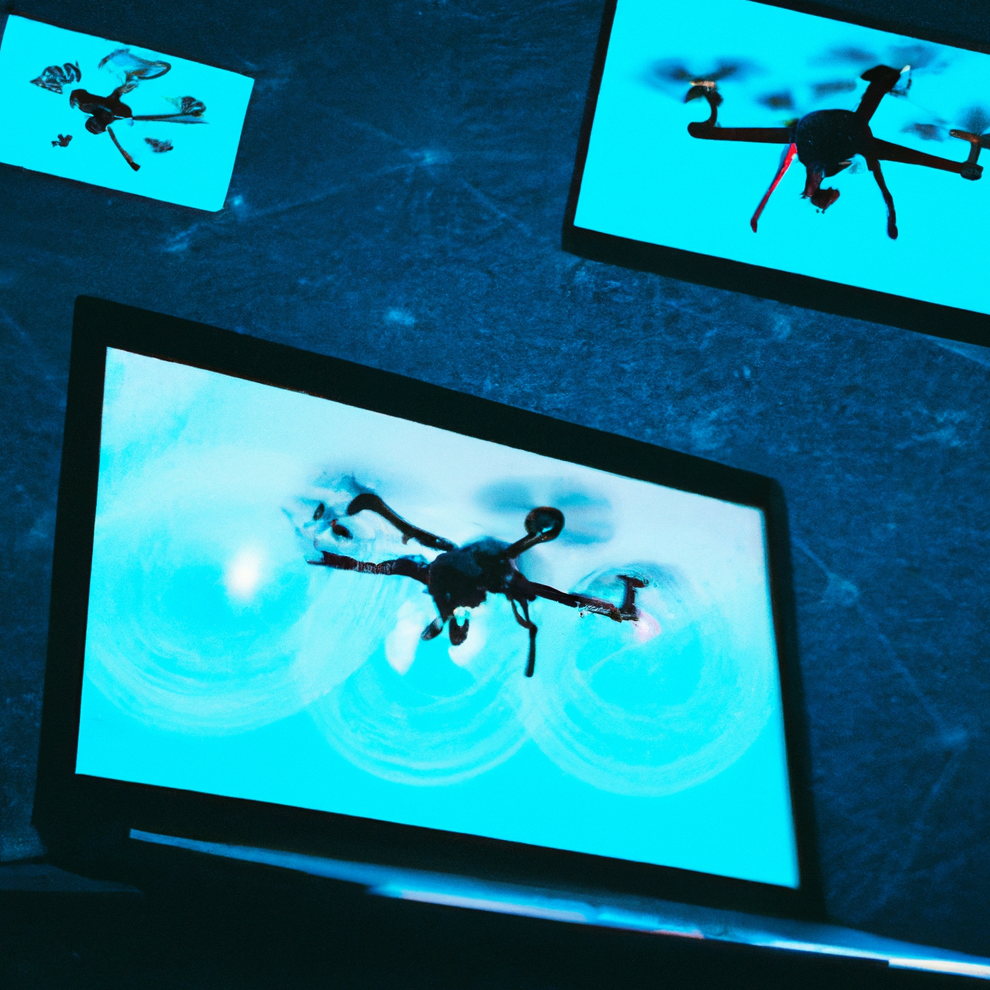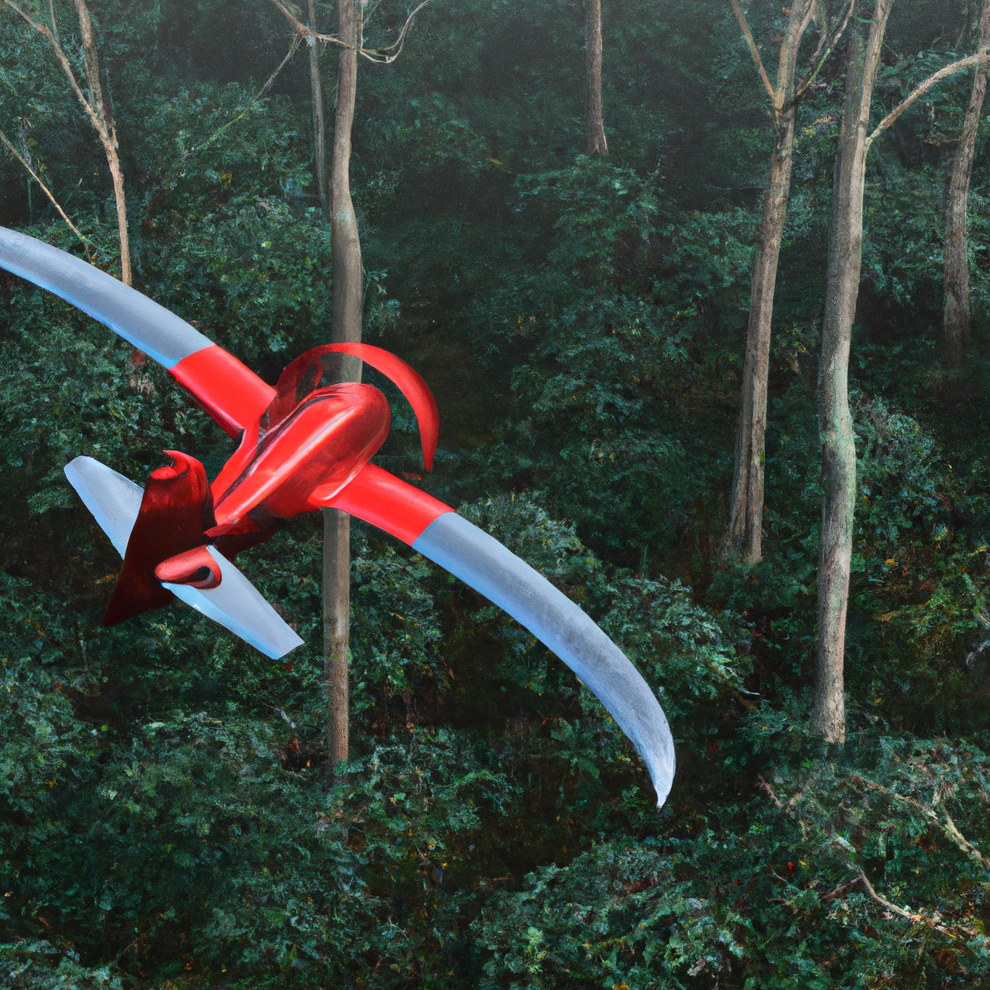


SPEAR Facts
Start date: November 1, 2023
Duration: 48 Months
Budget: 6,746,086.25 from European Commission + Funding for Swiss partners
Coordinator: Prof. Dr. Kostas Alexis
We are excited to introduce the new groundbreaking Horizon Europe project in artificial intelligence (AI) \& robotics entitled "SPEAR: Spatial Perception \& Embodied Autonomy Research".
SPEAR’s vision stems from clear observations regarding certain inconsistencies between the engineered design of flying robots and the natural paradigm of flying organisms. The bodies and brains of flying animals vary greatly depending on their ecological niche. A striking example is the difference between species such as mosquitoes and eagles. Among the two, both bodies and brains are vastly different. However, for flying robots until now, it almost seems to be a “one-size-fits-all”. A look at the history in this domain is particularly telling. By 1922, the de Bothezat helicopter with its four six-bladed rotors had performed its maiden flight, while it was in the early 2000s that small unmanned quadrotors emerged and quickly dominated the drone sector due to their simplicity and agility. Despite the vastly different mission profiles, manned and unmanned rotorcrafts share a striking set of similarities. A change of paradigm towards environment- and mission-tailored aerial robots is necessary.
SPEAR aims to revolutionize the field and deliver the vision of mission- and environment-tailored aerial robotics through a collective view of the design of the robots' "body" and "brain," To that end, our research will exploit the synergy of a) evolutionary algorithms, b) a combination of rigid and soft materials, c) robot perception incorporating diverse sensors, d) efficient propulsion systems and e) progress in deep neural networks for navigation strategy learning. The goal is to have AI create novel aerial robots that are more efficient, resilient, and safe through their optimized fit to the mission and the type of environment. This is the grand, disruptive vision of SPEAR. Upon its success, it has the potential to drastically shift aerial robot design from human-conceived creations to automated, task-specific designs.
SPEAR is a new project in response to the HORIZON-CL4-2022-DIGITAL-EMERGING-02-06 solicitation and builds upon the collaboration of NTNU (Coordinator, NO), TU Delft (NL), Luleå Technological University (SE), Vrije Universiteit Amsterdam (NL), IMEC (BE), ETH Zurich (CH), University of Paderborn (DE), VoxelSensors (BE), Biodrone (NO) and the Center for Security Studies (GR).